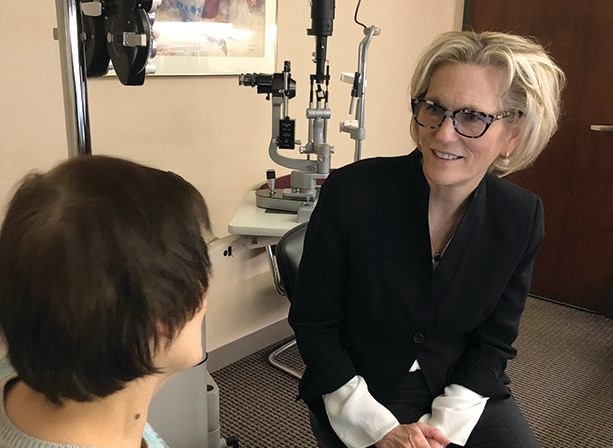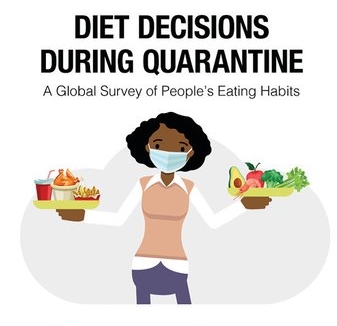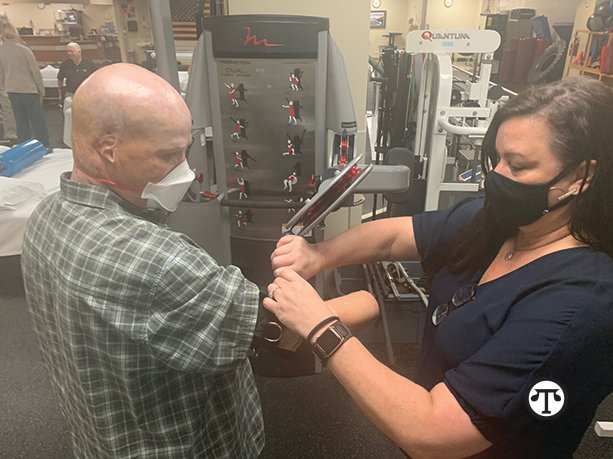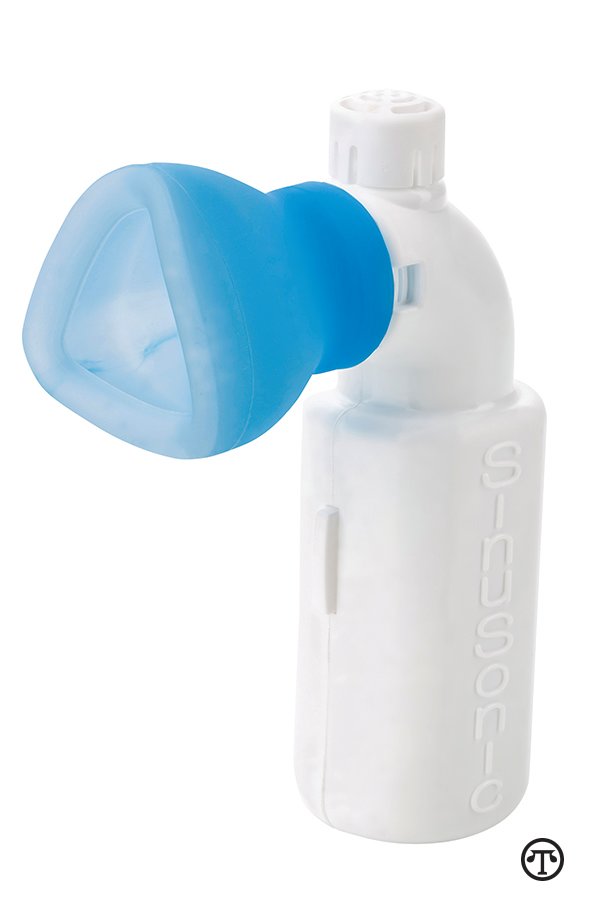FOR YOUR HEALTH: Supporting Children And Teens In Managing Their Diabetes

Young people with diabetes need support from the adults in their lives.
(NAPSI)—Diabetes is not just an adult disease. It’s one of the most common chronic conditions affecting children and teens in the United States. Today, it affects about 193,000 youth under 20 years of age and rates of newly diagnosed cases in young people are increasing.
When a young person has diabetes, it can be difficult to determine whether the disorder is type 1 or type 2. In either case, managing the diabetes is very important for long-term health.
Children and teens need support from their parents or other adult caregivers to manage their diabetes. Research shows that managing diabetes best works when adults and youth work as a team. The young person can gradually take on more responsibility, with the adult monitoring from a distance and making changes as needed.
Here are the main tasks that need to be covered in a diabetes plan:
• Manage blood glucose levels. An important goal for youth with diabetes is to take medicines as prescribed, at the right time, and in the right dose—even when they feel good or have reached their suggested target for blood glucose goals. Research shows that health complications can be greatly reduced, delayed, or possibly prevented by keeping blood glucose levels near normal. It’s also important to consistently take prescribed blood pressure or cholesterol medicines.
• Adopt healthy habits. Youth with diabetes should follow a healthy eating plan that allows enough calories for growth but avoids added sugar and fat. Getting enough sleep is also important. Some strategies that parents and youth can negotiate are to turn off electronics before bedtime and to keep a regular sleep schedule. A third important healthy habit is regular physical activity. If possible, youth should check blood glucose levels before, during, and after a game or a sport, to help monitor blood glucose levels.
• Stay prepared for emergencies. A “go kit” that young people can assemble with help from adults includes at least a week’s worth of medical supplies and equipment, a three-day supply of food, emergency and health care professional contact lists, a medication list including doses and dosing schedules, and an allergy list. During the COVID-19 pandemic, face coverings, hand sanitizer, and disinfecting wipes can be added to the go kit. Adults can reinforce with young people the value of social distancing, along with use of these go kit supplies, to prevent spread of infection.
• Monitor for diabetes complications. Early diagnosis and treatment can help reduce risk for heart disease, vision loss, nerve damage, and other related health problems.
• Seek mental health support. It can be very helpful for young people with diabetes to connect with others their own age who also have diabetes. This can help reduce stress and anxiety and boost motivation for sticking to a plan to manage their diabetes. The young person’s health care team should have information on youth support groups (online or in-person) and other mental health resources.
The National Institute on Diabetes and Digestive and Kidney Diseases (NIDDK) spearheads research to help improve diabetes management and treatment in children and teens. “Our understanding of how type 2 diabetes affects youth is still maturing,” says NIDDK Director Dr. Griffin P. Rodgers. “We must continue to explore treatments to ensure that these young people can live long, healthy lives.”
For more information on managing diabetes, visit the NIDDK website, www.niddk.nih.gov.







 (NAPSI) — Here’s good news for America’s approximately 70 million grandparents: A growing problem that has been bugging families since the advent of the digital photo revolution—“Where is the latest photo of my grandchild?”—may have a surprising solution thanks to two enterprising granddads, Silicon Valley alumni.
(NAPSI) — Here’s good news for America’s approximately 70 million grandparents: A growing problem that has been bugging families since the advent of the digital photo revolution—“Where is the latest photo of my grandchild?”—may have a surprising solution thanks to two enterprising granddads, Silicon Valley alumni.

 (NAPSI)—Nasal congestion is nothing to sneeze at. It affects roughly 20 percent of the population and is associated with reduced quality of life, difficulty sleeping, reduced daytime performance, and increased need for healthcare. In addition to the physical misery, it is estimated the annual financial impact of chronic congestion is more than $5 to $10 billion. Fortunately, scientists are coming up with new and better ways to deal with the problem.
(NAPSI)—Nasal congestion is nothing to sneeze at. It affects roughly 20 percent of the population and is associated with reduced quality of life, difficulty sleeping, reduced daytime performance, and increased need for healthcare. In addition to the physical misery, it is estimated the annual financial impact of chronic congestion is more than $5 to $10 billion. Fortunately, scientists are coming up with new and better ways to deal with the problem.